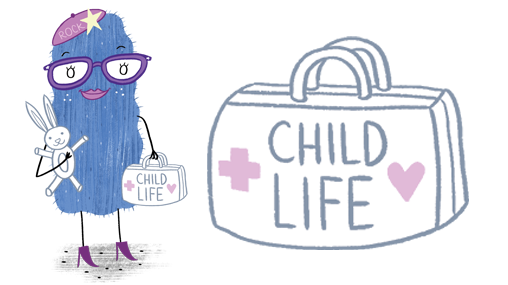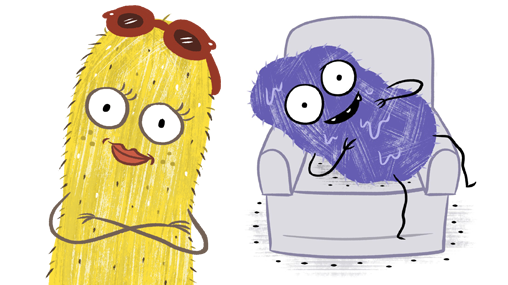How to Have Difficult Conversations with Kids
If you’re getting tough questions from your kids right now, you’re definitely not alone, but there are some things that can make it easier. I’ve put together some tips and helpful things to say when you’re navigating tough conversations with kids.
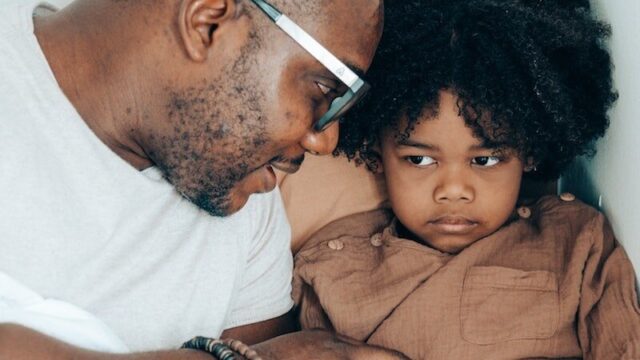
Jody Thomas, PhD
Share this:
Bringing comfort to kids is often about preventing and relieving physical pain, but it is also helping children better understand and talk about hard topics they struggle to fully grasp (and we often wish they didn’t have to grasp). After twenty years working as a psychologist with medically fragile and terminally ill children, I’ve learned a thing or two about having hard conversations with kids. It’s not a skill we like to need, but it is a very useful one, especially when the harsh realities of the adult world push in on the innocent worlds of children. Like now, for instance. These days, tough conversations have to happen with distressing frequency. If you’re getting tough questions from your kids right now, you’re definitely not alone, but there are some things that can make it easier. I’ve put together some tips and helpful things to say when you’re navigating tough conversations with kids.
First things to remember:
Be Honest
If there is anything I’ve learned being a child psychologist, it’s this: kids always know more than you think they do (even when we adults find comfort in pretending they don’t). Hiding things from them is almost always futile and can be do some real damage. As Mr. Rogers said so beautifully, “anything that is mentionable is manageable.” So it follows that the message to kids when we don’t mention it is that it is NOT manageable…that it is too big and scary even for the grown ups. That can leave kids holding their worries all on their own, and we don’t want that. Remember, it is possible to be honest without being alarmist.
Be Calm
This can feel like a seriously tall order these days, but do your best: take some deep breaths, find your happy place, scream into your pillow, whatever works! Remember, kids are watching for your reaction to help them decide how they should feel about something. They always seem to know how we feel even if our words are saying something else. Modeling calm during these tough conversations can help them have a calm reaction, too.
Video Guide: Talking to Kids About Covid-19
Don’t want to watch the video? Check out this helpful article for a list of tips.
Three helpful things to say:
Wondering what exactly you can say when you feel at a loss for words? Try these on for size:
1. “Good question. Why do you ask?”
Why it works: When kids have questions, they often have a specific thing in mind, while our minds go off in a million different directions. We can often end up floundering trying to answer something they never even thought about.
Asking this allows you to figure out exactly what part they are REALLY concerned about, and not have to come up with an answer for everything.
2. “What do you know about that/what do you think?”
Why it works: Kids think about issues verrrry differently than adults. It can get dicey to assume we know what they’re thinking!
Get curious so you can better understand WHAT they know and HOW they think about the issue…and then you can feel better about filling in the right gaps! It also saves us some effort and panic as it often turns out to be a much simpler concern than we thought it was going to be.
3. “I want to make sure I do a good job of answering. Let me think about it and get back to you.”
Why it works: Often the most panic-inducing part is feeling like you have to have the perfect answer RIGHT NOW. You don’t.
This is a great strategy when for when a topic comes up, and our immediate reaction is our internal voice screaming “AHHHHHH….I DON’T KNOW WHAT TO SAY! OMG OMG OMG,” or whatever is your version of that. Acknowledge the question, and buy yourself more time to take a deep breath, and do some research/talk with trusted sources about how you want to answer. But be sure to go back and have the conversations! This is not about avoiding the topic (kids see RIGHT through that) but getting your feet under you and feeling purposeful in how you tackle a hard topic.
One final thought:
What most often kids are looking for is reassurance. Below all the other questions is most often the one truly important one: “Am I/are we going to be okay?” In the uncertainty of today’s world, this can be a hard one for the grown ups to answer because it’s possible we don’t know exactly what is going to happen. However, we can still provide an honest answer that gets to the core of their worry, is honest, and gets you off the hook for specifics: “We are going to be okay. I’m not sure exactly how things are going to play out, but I know we will figure it out together.”
We’re here for you
At Meg Foundation, we’re on a mission to make sure no kid has to hurt when they don’t need to. So, if you have questions or aren’t sure exactly how these techniques might work for your kid, we’re here to help! Please fill out the form below or reach out info@megfoundationforpain.org. We are constantly creating and looking for better ways to inform, support, and empower!
Dr. Jody Thomas is a pediatric health psychologist, an internationally recognized expert in pain and pediatric health, and the founder and executive director of the Meg Foundation. She’s also a mom of two known for her fierce sense of justice and inability to stay quiet.
You May Also Be Interested In
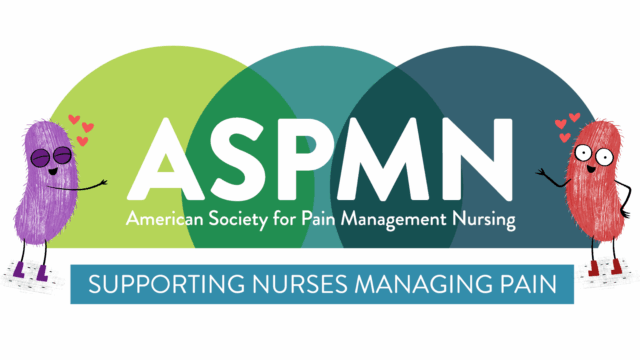
Blog Post
Empowering Nurses in Pain Care: How ASPMN Leads the Way
The American Society for Pain Management Nursing (ASPMN) empowers nurses to lead the way in compassionate, evidence-based pain care.
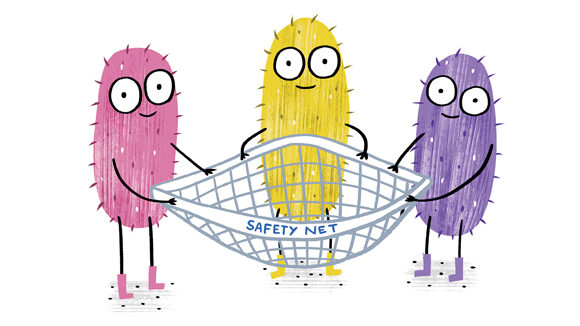
Blog Post
No Family Should Face This Alone
What would you give to keep a child from falling through the cracks? Right now, too many families are left behind—navigating pediatric care alone, often without insurance, support, or access to help.
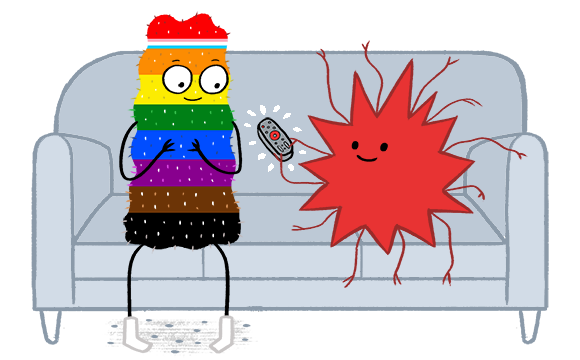
Blog Post
5 Ways Pain Affects the LGBTQIA+ Community
Pain isn’t just physical—it’s deeply shaped by who we are, how we see ourselves, and how the world treats us. For LGBTQIA+ individuals, understanding and addressing pain means recognizing the powerful role of identity, community, and inclusive, affirming care.
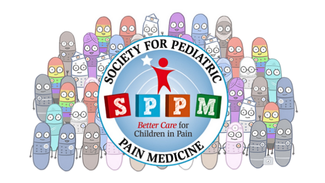
Blog Post
Why the World Needs the Society for Pediatric Pain Medicine
An interview with Dr. Rita Agarwal, Clinical Professor of Anesthesiology at Stanford and founding member of SPPM

About the Author
Dr. Jody Thomas is a licensed clinical psychologist, and specialist in pediatric medical illness and trauma. A well-known expert in pediatric pain who teaches internationally on the subject, she is also a founder and the former Clinical Director of the Packard Pediatric Pain Rehabilitation Center at Stanford, and a former Assistant Professor at the Stanford University School of Medicine. Though she now lives in Denver, CO, she still serves as Adjunct Faculty for Stanford, providing supervision and teaching. As a consultant for the Lucile Packard Children’s Hospital at Stanford, she directs projects on the integration and innovation of pain management using tech-based intervention. Her passion for bringing together the power of medical science, technology and design to transform the way we think about kids and pain led her to her current focus but it’s her role as a mom of two that solidified her path in creating the Meg Foundation.
